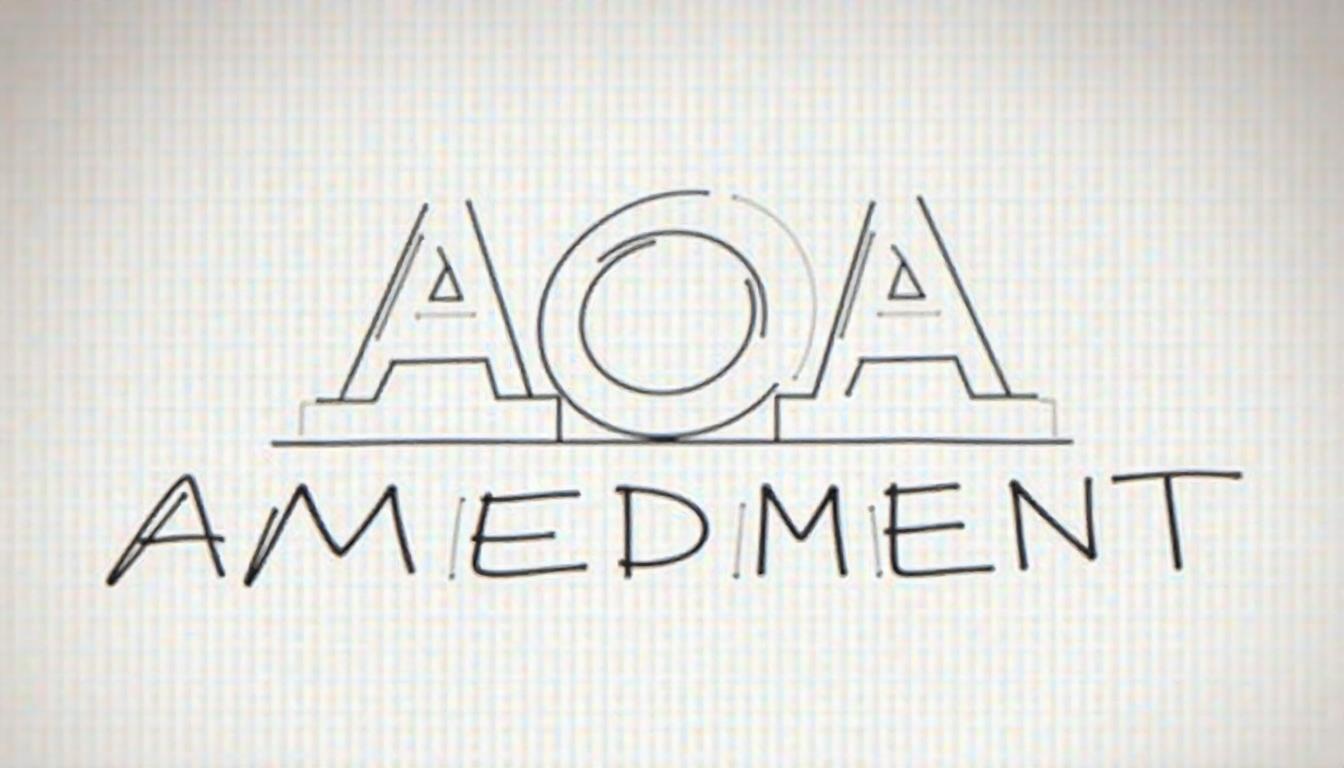Comprehensive Guide to AOA Amendment Requirements, Timelines & Online Procedure
Introduction
The Articles of Association (AOA) serve as the rulebook for a company. They lay out the main guidelines on how the company runs and makes decisions. Keeping these rules updated is crucial to stay compliant with the law and run smoothly. In recent years, online filing has made changing AOA easier, faster, and less complicated. This guide walks through all you need to know about AOA amendments, including requirements, timelines, and how to file online.
Understanding AOA Amendments: What You Need to Know
What is an AOA Amendment?
The Articles of Association define how a company operates, including rules on shareholding, meetings, and leadership. Sometimes, companies need to change these rules due to growth, new strategies, or legal changes. An AOA amendment officially updates this document to reflect new decisions. If you do not make the changes as required by law, your company could face penalties or legal issues. Correctly amending the AOA keeps your company compliant and protects you in the long run.
Key Provisions for Amendments
Common clauses that often need updates include:
- Share capital structure and limits
- Decision-making processes for directors and shareholders
- Company name or change of registered office location
Real companies frequently update their AOA to add new business areas, change voting rights, or adapt to legal shifts.
Legal and Regulatory Framework for AOA Amendments
Relevant Laws and Regulations
In India, the Companies Act, 2013, regulates AOA amendments. Other countries may have similar laws guiding how and when changes can be made. The Companies Incorporation Rules detail the exact process for submitting amendments. Legal compliance ensures the amendments are valid and enforceable.
Regulatory Bodies and Authorities
The Registrar of Companies (RoC) acts as the main authority for approving amendments. They check that your filings meet all legal demands. Deadlines are set for submitting amendments, and missing these can lead to fines or delays. Staying compliant with these rules avoids unnecessary trouble.
Requirements for Filing AOA Amendments
Basic Eligibility Criteria
Only existing companies with proper registration can file for amendments. The company must have no outstanding legal issues. Shareholders and directors must approve any proposed changes before submission.
Required Documentation
Gather these documents to file your amendment:
- A board resolution approving the AOA change
- The draft of the amended AOA, approved by the board
- Notice and minutes from the shareholder meeting where approval was given
- Necessary form filings and affidavits supporting the change
Key Compliance Checks
Ensure your amendments are legal and match the existing law. Confirm all signatures are valid. Double-check that the documents are complete and accurate before submission.
Timelines for AOA Amendment Process
Standard Processing Timeframes
Once submitted, the approval process typically takes between 15 to 30 days. The exact time depends on how complete your paperwork is and whether your company is in good standing. Delay can happen if documents are missing or incorrect.
Urgent or Fast-Track Amendments
Some jurisdictions offer fast-track options for urgent amendments. These may require paying extra fees and meeting special conditions. Fast approval helps companies adapt quickly to changing circumstances.
Post-Approval Obligations
After getting approval, update your company’s official records. Publish the updated AOA in the company’s official gazette or website. Notify shareholders and other stakeholders about the change to ensure transparency.
Step-by-Step Online Procedure for AOA Amendment
Preparation Phase
Start by drafting the new amendments. Host internal meetings to review and approve these changes. Get the necessary shareholder and board approvals as per your legal requirements.
Online Filing Process
Access the official government portal, such as the Ministry of Corporate Affairs (MCA) website in India. Fill out the relevant forms like Form MGT-7 or specific AOA adjustment forms. Upload the drafted amendments along with supporting documentation. Pay the required fees through the online payment gateway.
Verification and Approval
The system will check your submission for completeness. If all documents are correct, you might receive confirmation soon. For any clarifications, communicate directly with the authorities. Once approved, download your digital certificate and get official confirmation.
Post-Filing Actions
Download the approved amendment documents and update your company’s statutory registers. Inform your shareholders and stakeholders about the new rules. Keeping records organized will save time during future audits or inspections.
Best Practices & Expert Tips for Smooth AOA Amendment Filing
Double-check all documents before submission to prevent delays. Stay informed about legal updates affecting amendments. Keep an organized file of all filings and approvals. If the process seems complex, consulting a legal expert can streamline things and avoid mistakes.
Common Challenges and Solutions
Delays often happen due to incomplete paperwork or missing signatures. Clarify any objections from authorities quickly and provide additional information if needed. Good communication and thorough documentation are key to avoiding these issues.
Conclusion
Changing your company's Articles of Association isn’t difficult if you know the rules. Understanding the requirements, keeping track of timelines, and filing online makes the process smoother. Staying proactive and compliant helps you avoid penalties and keeps your business running without hitches. As laws continue to digitize, using online systems will become even more convenient and fast.
Key Takeaways
- Know the legal provisions and documents needed for AOA amendments.
- Always meet deadlines to avoid penalties or delays.
- Use online platforms to save time and reduce errors.
- Regularly review legal updates and maintain organized records.
- Seek expert help when dealing with complex amendments for peace of mind.
Protect your business by making timely, compliant amendments—easy, quick, and now mostly online!
